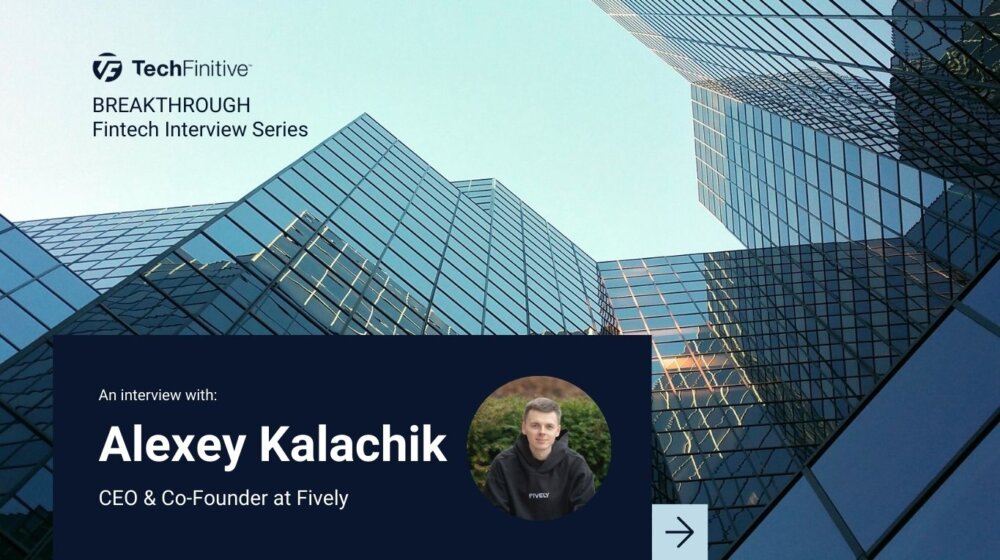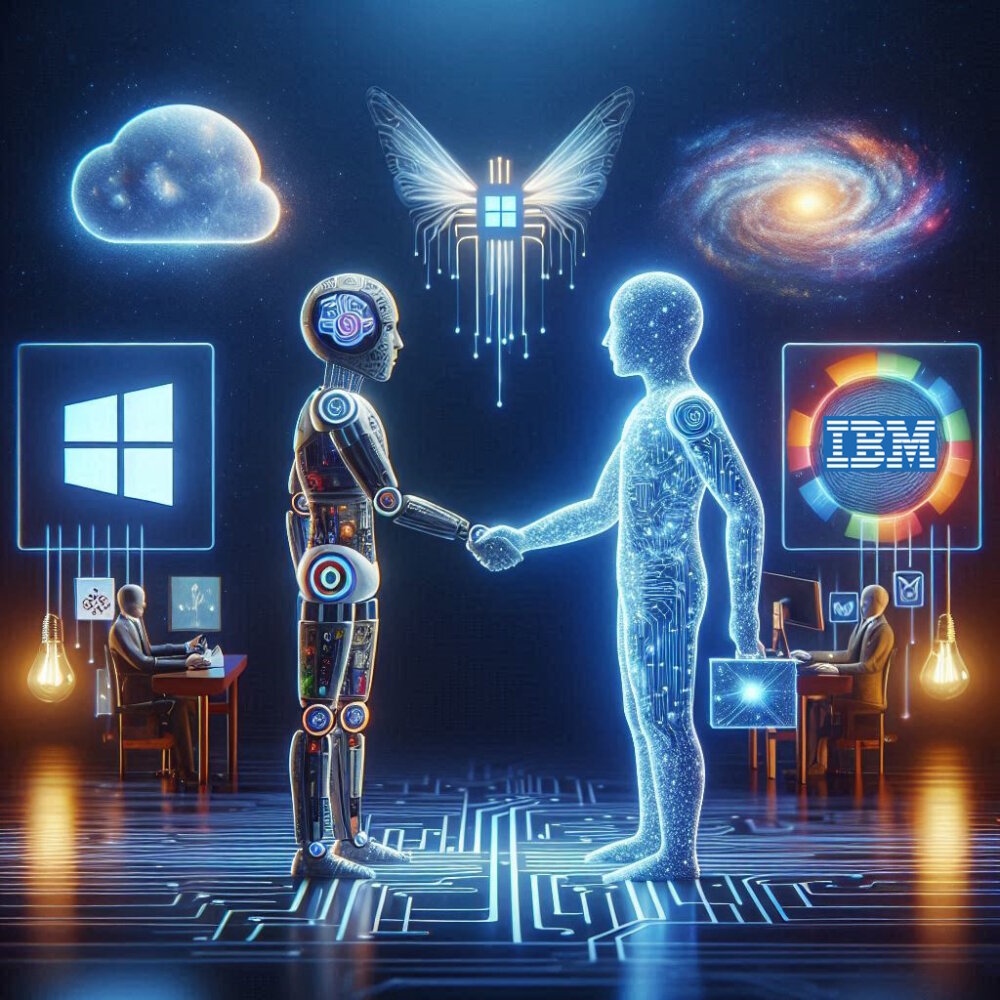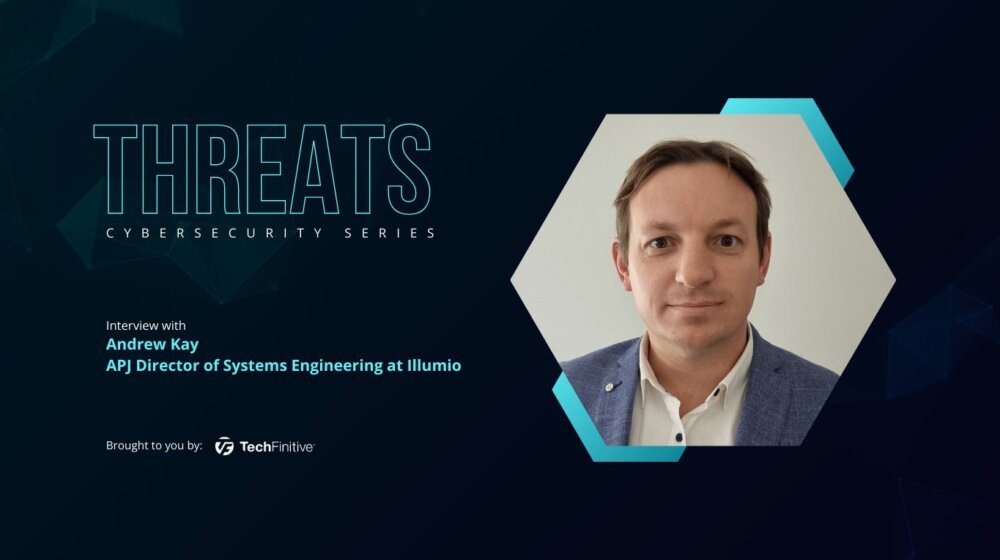
Inês Cara-Linda, Head of Sourcing and Employer Branding at Leroy Merlin: “Today, the role of data in the HR world is indisputable”
Esta entrevista com Inês Cara-Linda, Head of Sourcing and Employer Branding na Leroy Merlin, está disponivel em Português neste link (.pdf)
In an age when talent is abundant and yet, paradoxically, hard to find, how do companies recruit the best people?
For starters, it sure helps if your Head of Recruitment and Employer Branding has more than a decade of experience working for multinational companies. Such is the case for Leroy Merlin, a global DIY retailer with around 60,000 employees, that has in Inês Cara-Linda a seasoned professional, dedicated to not only finding the right people for its Portuguese operations but also helping ensure the company is well-equipped to retain them.
With a degree in Psychology, a Master’s in Social and Organisational Psychology and a Postgraduate qualification in People and Talent Management, it’s no surprise that Inês’ career has seen her take on challenging roles at Kelly (global staffing and recruiting firm), Sonae (the biggest retailer in Portugal) and, most recently, Heineken (which needs no introduction).
Yet, for someone who has made the craft of understanding people her career, Inês doesn’t discount the role of technology in HR in any way. As a matter of fact, she embraces it, as the interview below clearly illustrates.
Related reading: HR thought leaders highlight risks of AI in the workplace
Tell us about your role
I’m Head of Recruitment and Employer Branding at Leroy Merlin. Talent Acquisition has always been a passion of mine and I believe that attracting and recruiting the right talent is one of the most critical areas today.
I am passionate about people, their development and the impact I can have on someone’s life. I believe that when we bring in the right people, with the right values, soft skills and competencies, the company can grow and evolve while, at the same time, having a positive impact on someone’s life.
Working in Employer Branding brings out the pride of sharing our company and its culture with the outside world.
What made you pursue a career in HR? And what advice do you have for anyone considering a career in HR?
When I started my career, I had a strong focus on psychometric tests, assessments and behavioural evaluation, but I soon realised that HR was a world of its own and that the strategic part and people management was something I was even more passionate about.
One piece of advice I can offer is to be ambitious. HR is a strategic business partner of any company. People management is essential for a business to grow. Add to your academic career know-how in data and project management. Think of teamwork as essential.
Then enjoy your journey in the corporate world!

How do you think offices as we know them will change in the next decade?
This and any question beyond a timeframe of two years are hard to answer.
In recent years we have witnessed countless shifts that have had an impact on the business world, be it pandemics, generation differences, war or technological advances.
In ten years, a lot will have evolved. Remote and online work will be even more common. Coworking spaces will increase but offices will continue to exist and be an essential source of culture, values and sharing.
Related reading: How the world of work will look in 2030
What is the best piece of advice you’ve ever received and how has it shaped your career?
I had the opportunity to cross paths with someone very challenging, who helped me grow immensely, and who repeatedly offered the advice “go before you are ready”.
I’ve never been afraid of change, but I’ve always preferred to take calculated risks. There comes a stage in your career when you either believe in yourself, in your ability to evolve, to study and search on your own, to get out of your comfort zone to reach another position, or you stay at the level where you’re comfortable, waiting for the opportunity to arise.
What are the top challenges HR professionals face today?
In my opinion, the biggest challenges are attracting and retaining the best talent, as well as making practical adjustments to the way the company works that account for the different needs of employees.
When we have to juggle different generations in the job market (with different needs, profiles and expectations), a challenging macroeconomic environment and business objectives that we have to meet, managing the balance becomes a challenge. That challenge is only likely to increase.
Is your company leveraging AI to interact with or help manage employees in any way? If so, what challenges have you experienced?
One example we can give is the chatbot, which we’ve been using as a way of boosting manager and employee support. The chatbot allows access to a repository of information – policies, processes and procedures – that support managers in their role and help access information that supports its team.
Employees can also have their questions answered via search, at the time they need them, without having to depend on HR’s schedule or availability.
At first, there’s resistance to change because we think we’re going to replace HR with a tool. But once the benefits are experienced and it’s understood that HR continues to add value, just in a different way, success is guaranteed.
What do you perceive are some of the risks of deploying AI in the workplace?
We cannot ignore that its evolution is very fast and that, in a few years, we may face challenges we are not seeing yet.
However, right now, I see several opportunities. I think that companies can take advantage of AI to become more agile and elevate their businesses and their people to roles with added and personalised value. For example, in the area of talent attraction, AI is undoubtedly a competitive advantage in the sourcing process. We can free up teams to be dedicated to sourcing candidates or be focused on change management, while having AI handle high-volume, time-consuming clerical processes, among others.
Has your company leveraged data to personalise employee experiences – including in recruitment – and if so, can you talk to us about what that was like?
Today, the role of data in the HR world is indisputable. Data supports the strategy and choices we make.
We have expertise centres that develop dashboards so that the business can be in control of the development of both people and processes.
Having data also allows us to identify needs and target our actions, whether in recruitment, where we can opt for personalised attraction strategies, or in adjusting comp and benefits.
What is an HR initiative you’ve spearheaded that you are particularly proud of?
I’m proud of a project where we designed and implemented a digital tool that would follow the employee’s life cycle/experience from the moment they submitted their application.
The project was done on a global scale, with my focus being on Europe, as the project-owner of the Recruitment and Onboarding module. It was very challenging. Accommodating the specificities of each country while reaching a comfortable solution for all involved wasn’t easy.
However, the output is incredible, as we are now a multinational company that bolsters a single candidate and employee experience, with unified data that allows us to make decisions and an HR team with much more automated processes.
The future calls for more technology projects across all areas of HR, so that we can increasingly dedicate ourselves to strategy and people management.
We hope you enjoyed this interview with Inês Cara-Linda, Head of Recruitment and Employer Branding at Leroy Merlin. Here’s what to read next!
NEXT UP

Alexey Kalachik, CEO & Co-Founder at Fively: “The potential for digitalisation within insurance is enormous”
We interview serial entrepreneur Alexey Kalachik, CEO & Co-Founder at Fively, on the future of fintech and what makes this space so exciting for startups.

IBM bolsters AI push with Microsoft Copilot launch
In a bid to boost its AI offering, IBM Consulting will enable enterprises to create and manage AI copilots – including Copilot for Microsoft 365

Andrew Kay, Director of Systems Engineering APJ at Illumio: “The most worrying development with ransomware is that it has evolved from simply stealing data to impacting IT availability”
Andrew Kay, Director of Systems Engineering APJ at Illumio, has 20 years’ experience helping organisations strengthen their cyber resilience. We interview him as part of our Threats series on cybersecurity.